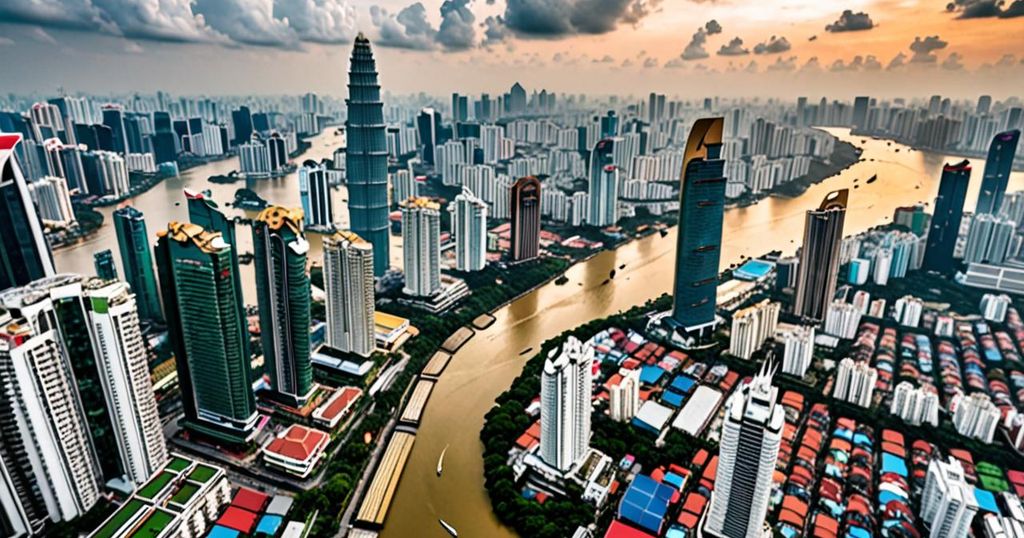Singapore, recognized as one of Southeast Asia’s most economically advanced nations, also serves as a prime example of subtle authoritarianism in its control of the internet and manipulation of public perception. While other autocratic regimes employ crude methods of repression, such as blocking websites and imprisoning bloggers, Singapore adopts a more sophisticated approach.
In this affluent city-state, the government wields influence over media through indirect means. Journalists are subtly pressured to refrain from challenging the government in their political coverage, resulting in self-censorship and biased reporting. However, this approach does not seamlessly carry over to the online sphere. Social media platforms have empowered ordinary citizens and bloggers to share unfiltered content and provoke public dissent, circumventing the government’s control over traditional media channels.
In contrast to China and other authoritarian states, Singapore refrains from extensive censorship of political content on the internet, evident in the minimal filtering of online content. The government acknowledges the significance of technological advancement and open discourse for economic prosperity, even if it means tolerating divergent voices. Social media has also provided a platform for marginalized groups and activists to raise awareness on issues such as heritage preservation and human rights.
The influence of social media became evident during Singapore’s 2011 general election, where heightened public discontent, amplified by online platforms, resulted in the ruling party’s worst electoral outcome since independence. Prime Minister Lee Hsien Loong recognized the necessity for government officials to more actively engage with the public online. However, the government’s response to online dissent took a more authoritarian turn in the years following the election. Singapore implemented a licensing scheme for news websites, extending government control over online content and imposing penalties for non-compliance.
The Singaporean government’s stringent measures to suppress dissent through legal action, including libel suits and criminal charges against bloggers and activists, have elicited criticism from human rights advocates. Individuals who dared to challenge the government’s narrative, such as blogger Roy Ngerng, faced financial penalties and legal repercussions for their outspokenness. This crackdown on free speech has sparked public debate over the government’s overreach in regulating online content and restricting freedom of expression.
Despite the government’s efforts to monitor online discourse, independent voices persist, contributing to a vibrant yet contested space for public dialogue. The struggle over the free flow of information and the battle for truth endure in Singapore, encapsulating the tension between the authorities’ desire to maintain control and the public’s demand for transparency and accountability.
Singapore’s experience serves as a cautionary tale, underscoring the delicate balance between technological advancement, free expression, and state authoritarianism in the digital age. As the government navigates the intricate dynamics of online governance, it grapples with the enduring power of the internet to challenge official narratives and shape public opinion.

Leave a Reply